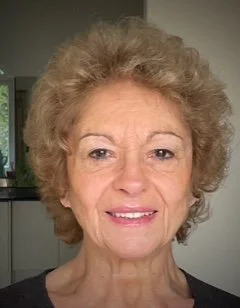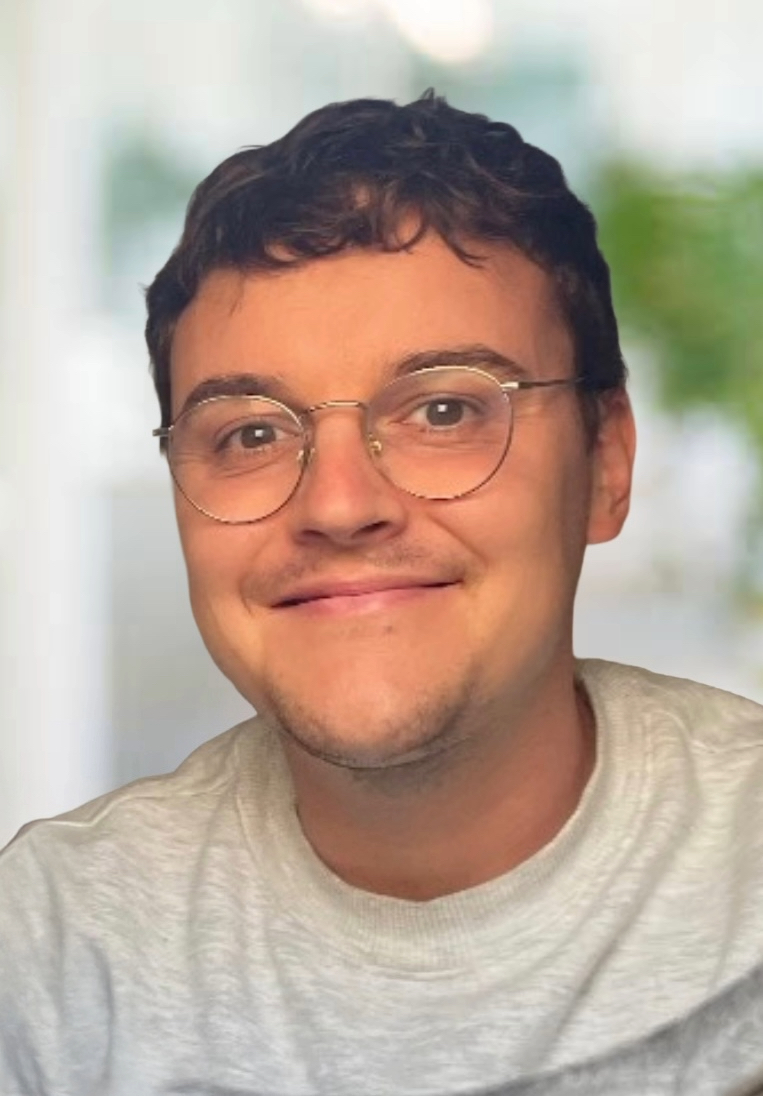Let Them Talk.
What We Do
The Art of Healthy, Constructive Dialogue
We are a charity dedicated to helping young people develop the art and skill of dialogue. Drawing on experience in professional acting training, extremism prevention, and community cohesion practices, we design creative interventions and projects that build the capacity to stay present, curious, and connected in conversation and exploring ideas.
Our programmes create spaces to practise emotional, digital, and civic literacy—giving young people the tools to communicate across difference and thrive in an increasingly polarised world.
We run projects, initiatives and events that fill the gaps currently left by formal services for young people, and collaborate with stakeholders who share our core mission.
How Dialogue Improves the Key Challenges Young People Face
At the heart of everything we do is dialogue—the skill of staying present, curious, and connected in conversation, especially when things are hard.
By strengthening young people’s ability to listen deeply, express themselves clearly, and navigate difference creatively, we help unlock progress across some of the most pressing issues they face.
-
Dialogue gives young people the language and confidence to explore their emotions, relationships, and inner lives safely. It replaces silence and stigma with openness, empathy, and understanding—improving resilience, connection, and self-worth.
-
Meaningful dialogue fosters active citizenship. Young people who practice listening, debating, and co-creating solutions are better equipped to shape a more inclusive, informed, and empowered society.
-
Dialogue is the practice of democracy itself: learning to disagree without dehumanising. It gives young people the tools to engage across divides, think critically, and build common ground in an age of extremes.
-
As automation reshapes work, human skills like communication, collaboration, and empathy are more valuable than ever. Dialogue training builds confidence, clarity, and adaptability—the core competencies of the future.
-
Dialogue enhances learning by improving concentration, confidence, and collaboration. When students feel heard and able to express ideas openly, they engage more deeply with their studies and with others.
Many young people reach university or higher education having had little real practice in dialogue—suddenly expected to share opinions, debate ideas, and think aloud in seminars without ever having learned how. By building these skills earlier, we help young people gain the confidence, curiosity, and clarity to express themselves effectively in any learning environment.
Dialogue nurtures critical thinking, creativity, and the ability to learn through exchange—foundations for both academic success and lifelong learning.
-
Healthy dialogue allows young people to explore identity, vulnerability, and emotion safely.
-
Dialogue teaches presence, empathy, and perspective—the antidote to the impulsivity and disconnection that digital culture often breeds. It helps young people move from performing online to truly connecting.
Our Team
Lady Gilda Levy
Gilda is founder and chair of the Women’s Interfaith Network. She has worked extensively on initiatives to bridge divides within communities. Her expertise in creating safe spaces for difficult conversations has made her a trusted leader in promoting empathy and cooperation across diverse groups.
Marion Waruguru
Marion is CEO of the Women’s Interfaith Network. She has worked extensively within the charity sector and through WIN, she has been proud to be involved in and contribute to building a society that lives together in harmony.
Emily Berrington
Actress and coach Emily is best known for starring in Humans, The Inbetweeners and 24. Emily has worked for the Labour Party, is a communication coach, and has over ten years’ experience running workshops for creatives, young people, and in the corporate world.
Jethrow Smith
Jethrow is a former civil servant who worked as a local growth advisor. He also managed a portfolio of regional development projects and worked for a counter-extremism think-tank, developing programmes to reduce radicalisation among young people.
Get in Touch
Questions about our work or how you can get involved? If you, your school, community group or organisation would like to discuss working with us, we’d love to hear from you:







